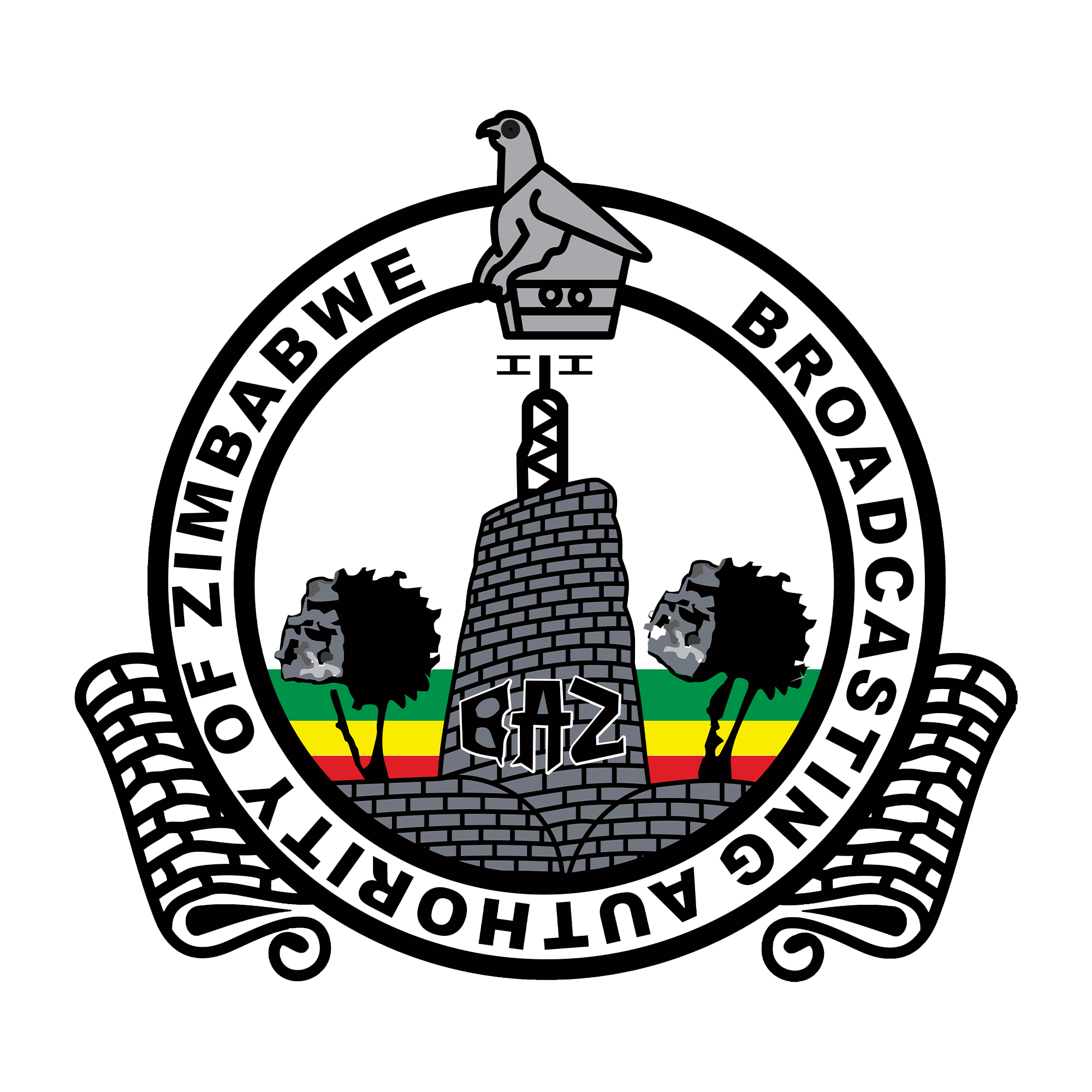Broadcasting Authority of Zimbabwe
Ensuring quality broadcasting standards and media development across the nation
Submit your complaint to the Broadcaster, specifying the breached Broadcasting Standard, program name, date, and time.
The Broadcaster is obligated to respond or rectify within 30 Days.
If you are dissatisfied with the Broadcaster's response, share your complaint by completing the BSC1 form and submitting it to BAZ.
The Authority will address the matter within 30 days and will take a maximum of 10 days to communicate the outcome of the complaint.
